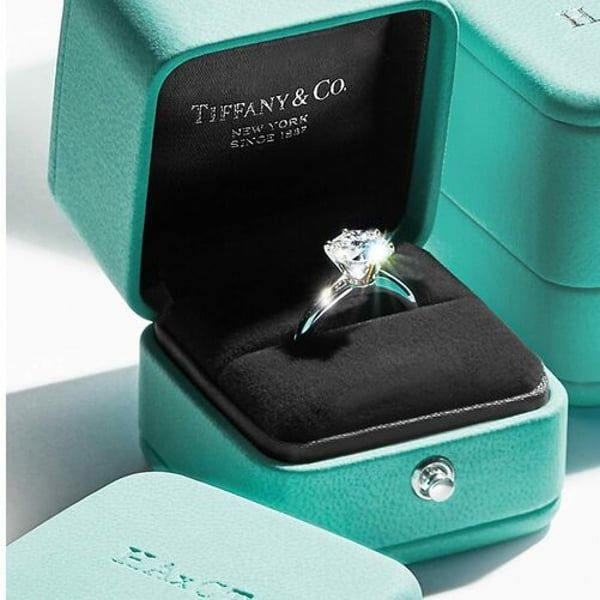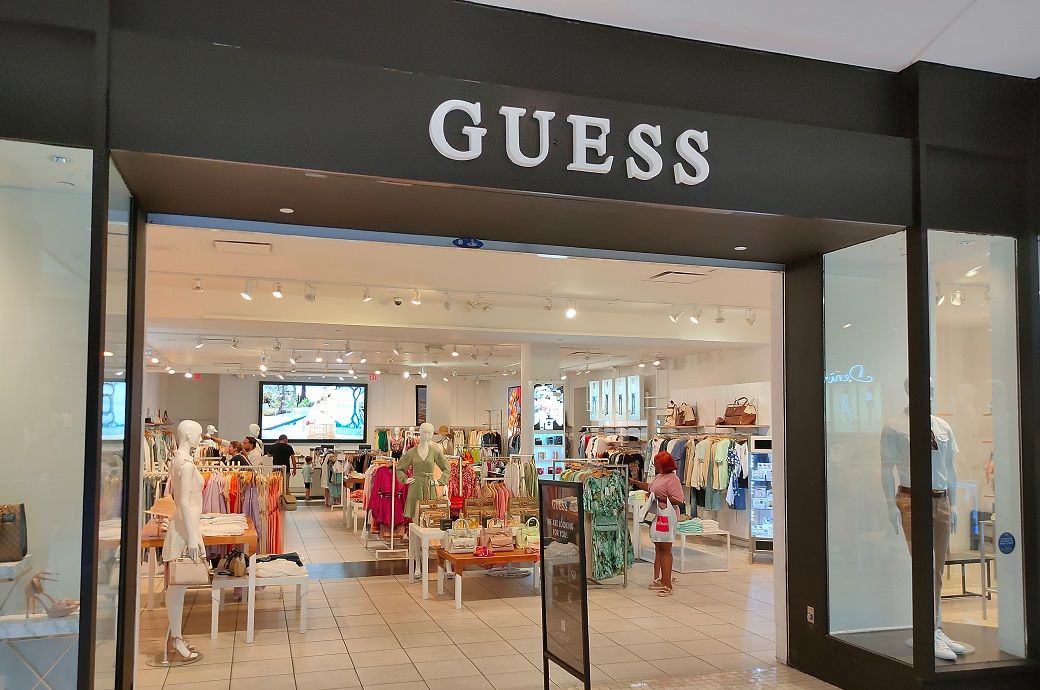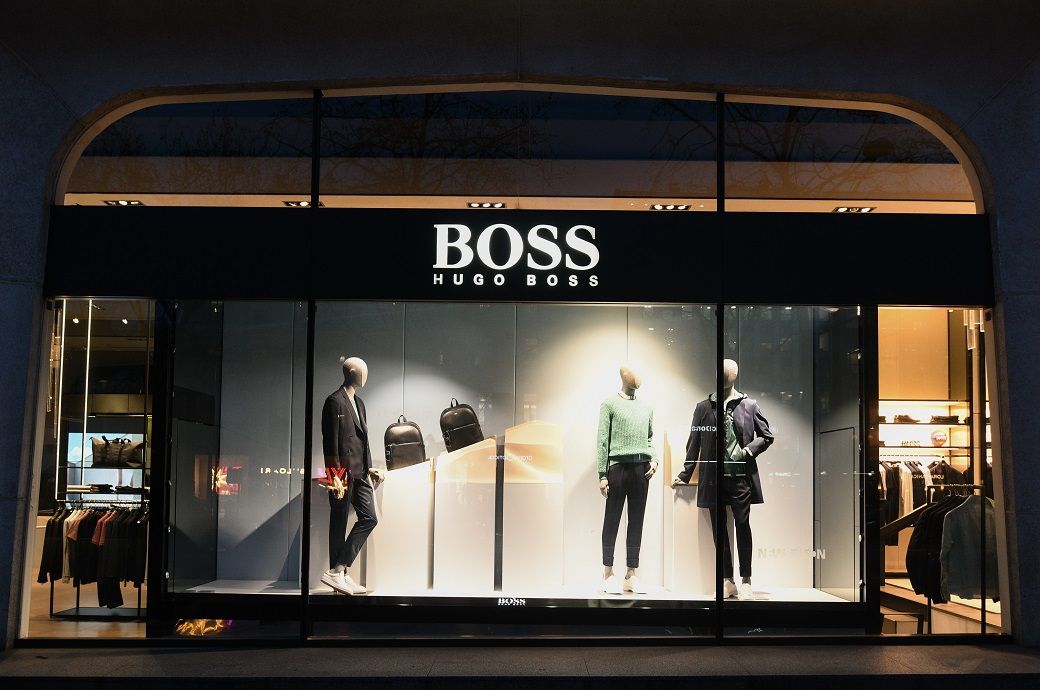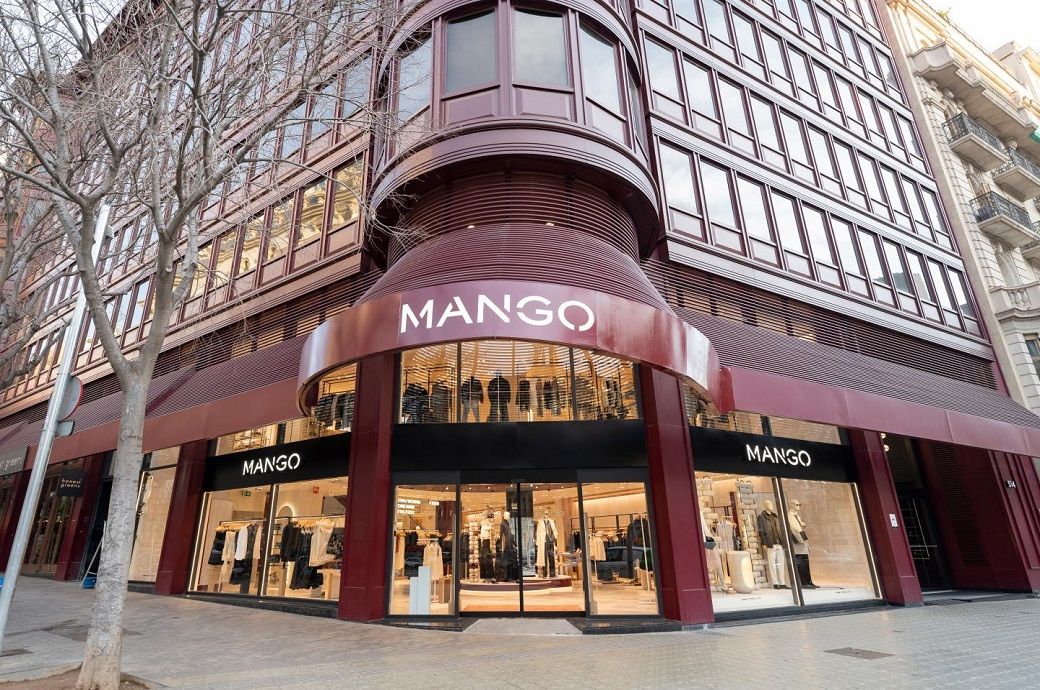By
Bloomberg
Published
July 22, 2024
LVMH's $16 billion purchase of Tiffany & Co. transformed the luxury goods powerhouse into one of the world's biggest jewelry sellers. Three years later, the most expensive luxury acquisition in history doesn't appear to be going according to plan.
The jewelry industry is slowing. Sales at Tiffany stores are falling short of the company’s ambitious goals. And LVMH chief tycoon Bernard Arnault is counseling patience with the jewelry recovery. “You can’t do things instantly,” he said in an interview with Bloomberg Businessweek published in June.
While Tiffany’s revenues have risen under LVMH, some recently departed employees said the jeweler had set sales targets they said were unattainable. That meant staff received lower commissions than in the past, prompting some to leave for competitors and take some of their loyal customers with them, according to people familiar with the matter who were not authorized to speak publicly.
The departures have added to a sense of turmoil as the iconic American brand adjusts to ownership by LVMH Moët Hennessy Louis Vuitton SE, some of these people said.
The challenges at Tiffany are testing Arnault’s well-honed playbook. He has built his career on buying beloved brands, elevating their cachet and boosting sales. Annual sales have already risen by about $1.5 billion since Arnault bought Tiffany in 2021, and he has plans to grow even further. “I have a lot of confidence in Tiffany, but it takes time,” he said in the Businessweek interview.
Arnault has tasked his son, Alexandre, with helping oversee the jeweler's expansion alongside Chief Executive Anthony Ledru. It's a test. The patriarch has placed his five sons in senior positions across his luxury empire to see who will end up reigning supreme. “Let's see if one of them has the ability to take charge,” Arnault said in the interview.
Sales setbacks and staff departures are putting increasing pressure on Alexandre Arnault to speed up Tiffany’s turnaround process. The 32-year-old made waves early on with marketing campaigns featuring Beyoncé, Jay-Z and K-pop megastar Jimin that have helped modernise and globalise the brand. The company has also implemented significant price increases.
Manhattan Flagship
Tiffany's Manhattan megastore accounts for about 10% of the company's annual sales, so missing targets in that area could weigh on Tiffany's expected growth rate. That would hamper the jewelry company's contribution to sales at parent company LVMH, which is due to report its results on July 23.
A Tiffany spokesperson said in a statement that sales at the New York flagship have quadrupled since the LVMH acquisition. From April 2023, when it opened, to May 2024, the store has been LVMH's “highest performing” monobrand store, the spokesperson added.
The luxury conglomerate does not break out revenue for Tiffany or any of its 74 other brands, but Stifel Financial analyst Rogerio Fujimori estimates Tiffany's revenue will fall about 3% in the second quarter compared with a year earlier, roughly in line with the estimated decline in the previous quarter.
By contrast, rival Richemont, which owns Cartier and Van Cleef & Arpels and caters to clients who tend to be wealthier than Tiffany's shoppers, last week reported a 4% rise in sales at its jewelry division.
Tiffany is also losing market share to Cartier and other rivals, losing about 0.7 percentage points of its market share in the global branded luxury jewelry sector in 2023 compared with the previous year, according to the latest data from research firm Euromonitor International. Cartier increased its share by four percentage points over the same period, the data show.
“When the U.S. was booming in 2021 and 2022, Tiffany was on the up, of course,” said Stifel’s Fujimori. “But when the market gets tougher, the areas of opportunity that LVMH is working on become clear.”
The brand is strengthening its jewelry collections, modernizing its stores and investing more in marketing, Fujimori said. He expects Tiffany to grow 1% to 2% this year, about half as fast as Richemont's jewelry division.

Failed objectives
The challenges facing the Arnaults can be seen at the jeweler’s flagship store on Fifth Avenue. The jewelry store, made famous by the 1961 film Breakfast at Tiffany’s, renamed the store “The Landmark” in April 2023 after a roughly $350 million remodel.
The timing was not ideal. Tiffany shoppers had taken advantage of the post-pandemic spending boom, but now inflation was taking a toll on sales. Staff were falling short of their monthly sales targets over the summer and fall. Nevertheless, Tiffany doubled down on its ambitions for the brand and asked staff to try to meet the increased sales targets.
When the Christmas lights went up on Fifth Avenue ahead of the holiday season, Tiffany executives apparently thought they could defy the downturn. Their goal for December 2023 was more than $60 million in sales, up from $30 million a year earlier, according to the people familiar with the matter, who asked not to be identified discussing internal company figures.
Many staff members were stunned. They knew the revamped flagship was a selling point because it had generated a lot of media coverage and was much larger than the temporary store they had been working out of. But the goal was to double what they had sold a year earlier, when jewelry sales were strongest. Before LVMH bought Tiffany, sales targets typically rose by 5% to 10% each year, said some of the people familiar with the matter. A 100% increase seemed unsustainable, they said.
In the end, the staff sold $50 million worth of merchandise. It was the most the flagship store had sold in years, helping propel Tiffany to what the spokesperson said was a record year for sales at Landmark. But it still wasn't enough to meet the increased targets.
Tiffany’s flagship store has continued to miss its 2024 targets, falling short of the roughly $25 million a month it had projected in the first quarter of the year, according to some of the people. Other Tiffany stores across the country have also missed their sales targets, disheartening employees and damaging morale.
Rotation
Frustrated after more than a year of missing out on higher commissions and missing out on targets, some employees are leaving for competitors such as Cartier and Harry Winston.
Some employees who worked at the flagship company said managers told them they were among the roughly three-quarters of salespeople who left over the past year, according to some of the people familiar with the matter.
While retail stores typically have high staff turnover, due to long hours in relatively low-paying jobs, Tiffany's figure is higher than the luxury-sector average, which typically hovers around 50 percent, said Milton Pedraza, director of the Luxury Institute, a consulting firm.
A Tiffany spokesperson said its sales targets reflect “business growth, increased retail space and a broader product mix.”
To cope with the flagship store departures, LVMH reshuffled employees from its other brands and increased hiring of some workers who had no experience selling jewelry, some of the people familiar with the matter said. That frustrated some Tiffany employees, since gem and jewelry expertise had long been valued at the company.
The Tiffany spokesperson said employee turnover and moving staff to competitors “happens on both sides and is not new.” The company hires employees from all areas of luxury retail, the spokesperson added, given Landmark’s size and the different products it sells. The flagship store has more than 350 people on staff, the spokesperson said.
Culture of elevation
To attract more wealthy clients, Tiffany is organizing more events.
Under previous management, Tiffany invited about 100 wealthy guests once or twice a year to a destination for three or four days in exclusive surroundings. Those who attended were expected to spend a minimum of $100,000 on jewelry. Last year, Tiffany hosted more than a half-dozen such events, spreading them out over several weeks to allow more people to attend.
The company is also trying to encourage staff at the flagship store and other shops to sell more high-end jewelry — pieces priced from $75,000 into the millions — and hosted a training this spring called “The Culture of Elevation,” to teach employees more about Tiffany’s history and its iconic collections, like the Lock and Tiffany T.
A Tiffany spokesman said its top 20 client advisers earned as much as 75% more than last year and that employees have benefited from perks including an extra week of vacation and a higher commission on its most expensive items.
The company has said its strategies are attracting more high-end customers and allowing Tiffany to sell more high-end jewelry.
Mustafa Hashmi, a customer, says he is drawn to the brand's American luxury heritage. The 32-year-old private investor has purchased pieces such as an engagement ring for his wife at Tiffany and four watches in recent years. “I consider these pieces to be heirlooms to pass down to my family.”












